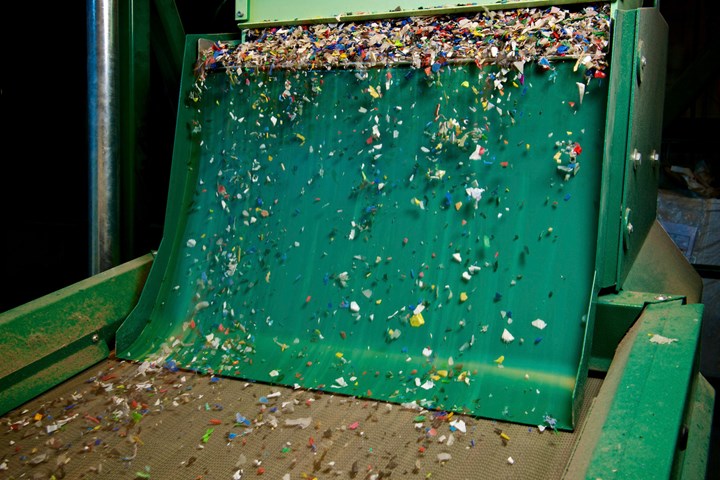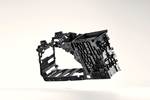Borealis Borcycle material grades enhance sustainability opportunities for automotive
Ready-made grades combine virgin polypropylene with high-quality reclaimed materials for interior, exterior and under-the-bonnet automotive applications.

Photo Credit: Borealis
(Vienna, Austria and Taylorsville, N.C., U.S.), a supplier of innovative polyolefin plastic materials for engineering applications in the automotive industry, has announced the availability of , its innovative polyolefin-based solution composed of both virgin and post-consumer recyclate (PCR) for the North American automotive market. The Borcycle family of products have been conceived for interior, exterior and under-the-bonnet automotive applications and incorporate post-consumer recycled (PCR) content for a lower environmental impact.
Originally developed by Borealis in Europe, ready-made PCR Borcycle grades combine virgin polypropylene with high-quality reclaimed materials. They are safe to use and are said to provide a material performance and cost-efficiency equal to the performance and cost-efficiency of virgin materials.
Borealis notes that products in the Borcycle family are backed by a reliable supply chain and quality standards. The company believes it has conquered the challenges associated with sourcing and processing recycled content, ensuring automotive customers and partners that they can rely on a steady supply of resource-efficient Borcycle grades with consistent high quality.
Related Content
-
Honda begins production of 2025 CR-V e:FCEV with Type 4 hydrogen tanks in U.S.
Model includes new technologies produced at Performance Manufacturing Center (PMC) in Marysville, Ohio, which is part of Honda hydrogen business strategy that includes Class 8 trucks.
-
Braided thermoplastic composite H2 tanks with co-consolidated molded boss areas to fit EV battery space
BRYSON project demonstrates possible designs, automated manufacturing and low permeability concepts, including EVOH liner and novel PPA matrix.
-
ASCEND program completion: Transforming the U.K.'s high-rate composites manufacturing capability
GKN Aerospace, McLaren Automotive and U.K. partners chart the final chapter of the 4-year, £39.6 million ASCEND program, which accomplished significant progress in high-rate production, Industry 4.0 and sustainable composites manufacturing.



